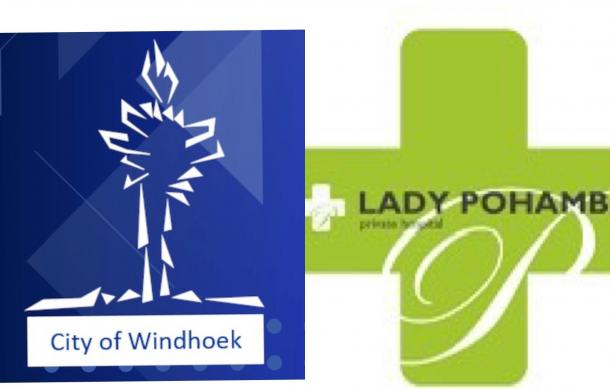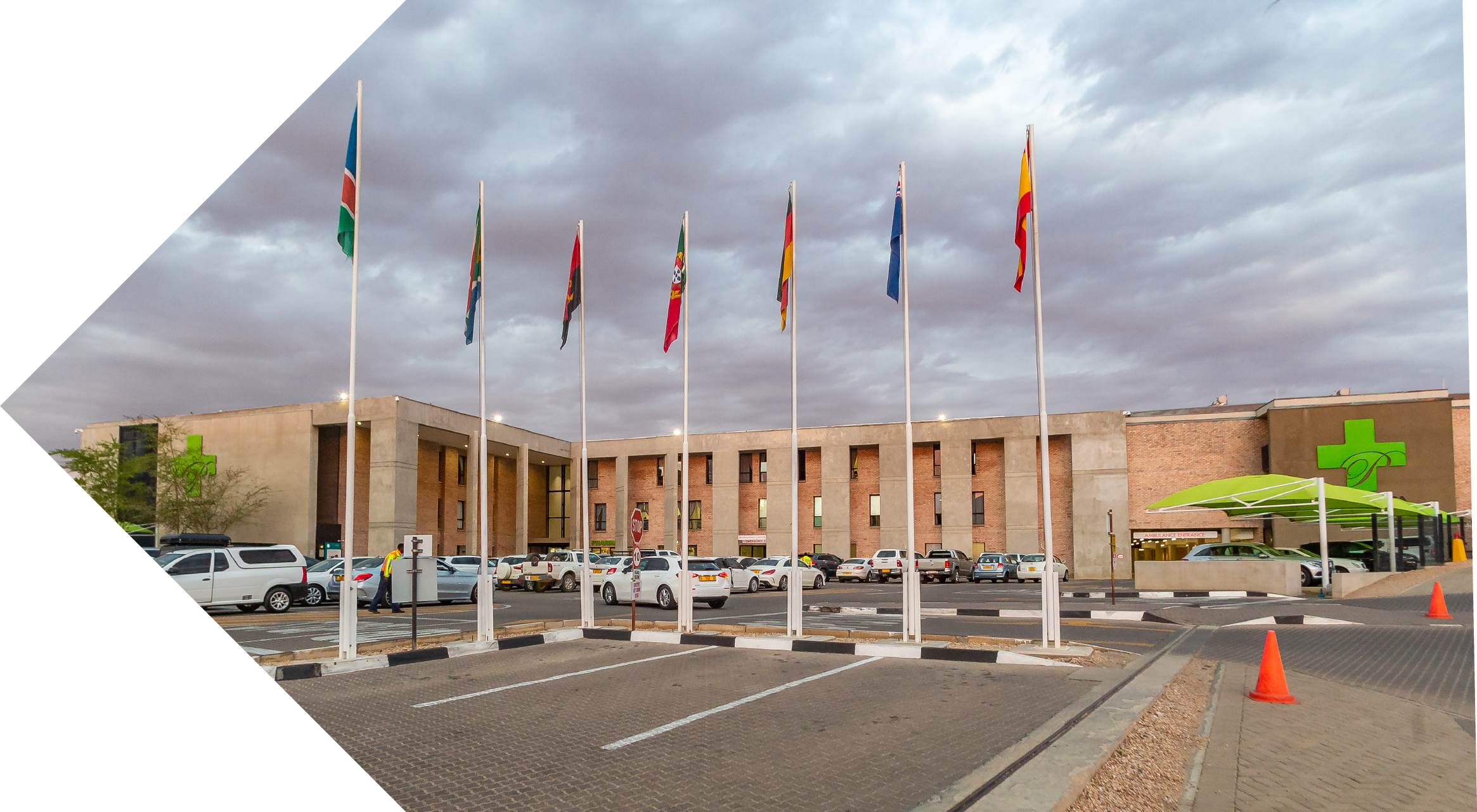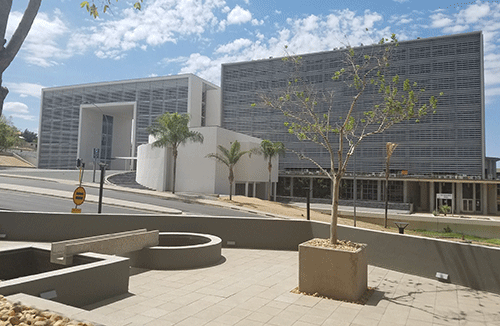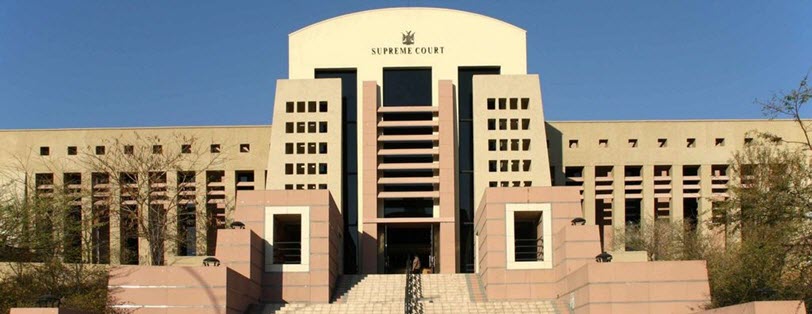
The Supreme Court has ruled in favour of the Windhoek Municipal Council in a legal dispute with Lady Pohamba Private Hospital over the operation of a private medical waste treatment plant.
The ruling reverses a 2022 decision from the High Court that favoured the hospital.
The central issue involved the hospital’s installation of a Sterilwave 250 medical waste treatment system in July 2020.

This advanced sterilisation system was meant to allow the hospital to handle its healthcare risk waste, turning it into a product it claimed was safe. The hospital received environmental clearance and approval from the Health Ministry, but it did not get the necessary authorisation from the City of Windhoek.

When the Council rejected the hospital’s application in November 2020, it cited a 2011 resolution that designated a centralised medical waste treatment facility run by the city as the only approved site in Windhoek. The Council argued that permitting private facilities would weaken a coordinated waste management strategy aimed at protecting public health and the environment.
The High Court had overturned the Council’s decision, saying it did not exercise its discretion properly. However, the Supreme Court reversed this, determining that the hospital had applied under the wrong regulation, Regulation 35, which does not give the Council authority to approve independent treatment operations.
The Court stated that the correct approach would have been to apply under Regulations 20 or 37.
In its ruling, the Court also considered the hospital’s request for a declaration that its treated waste was no longer hazardous. Experts for the hospital asserted that the Sterilwave system made the waste safe for general disposal. However, the Council’s experts challenged these claims, questioning the reliability of the hospital’s testing methods.
The Court applied the "Plascon-Evans Rule", a legal principle used in situations where there are factual disputes. According to this rule, if a factual dispute arises on the documents submitted, the account from the respondent (in this case, the Council) must be accepted unless it is unreasonable or clearly invalid. The hospital did not request oral evidence to clarify the expert disagreement, so the Court accepted the Council’s account and dismissed the request for declaratory relief.

The Supreme Court thus confirmed the City’s authority to centralise healthcare risk waste treatment and affirmed that administrative decisions—such as the 2011 resolution—remain in effect until officially overturned.
The Supreme Court dismissed the hospital's cross-appeal along with its costs.





